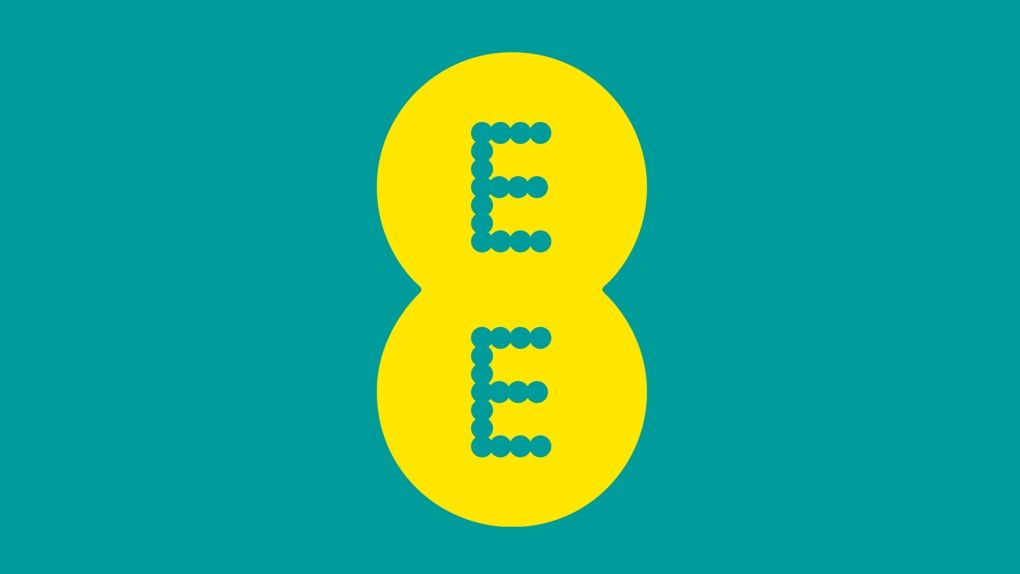Following Brexit, UK mobile operator EE will be charging customers extra to use their mobile plans in Europe starting from January 2022. It's the first mobile operator in the UK to introduce normal roaming charges following Brexit, having previously said that it was not going to reintroduce roaming charges in Europe. Vodafone previously introduced European roaming for "heavy" users, referring to those users as customers who use their phone in an EU country for more than 60 days in a four-month period.
Citizens in the EU bloc can "roam-like-at-home" with their mobile plans, meaning that carriers cannot institute roaming charges for customers that travel within the EU. While there were fair usage limits on that agreement (for example, I can't buy a mobile data plan in another EU country and then use it all the time in Ireland), the idea was that your mobile contract worked the same way in every EU country.
While citizens in the UK previously did not need to pay roaming charges, following Brexit, mobile network operators can now begin setting roaming charges again in EU countries. The report by the BBC outlines how the UK's trade deal says that both sides will encourage operators to have "transparent and reasonable rates" for roaming, but did not entirely ban charges.
EE is the first network to reintroduce full roaming charges, after they, O2, Three, and Vodafone all previously pledged not to. Both O2 and Three are modifying their fair use caps for mobile data usage, though they stopped short of introducing outright roaming charges. O2 is introducing a cap of 25GB a month, and Three is lowering its fair use limit from 20GB a month to 12GB a month. According to RTÉ, EE will, however, not be instituting those roaming charges for customers traveling to Ireland, in particular as customers living in Northern Ireland may at times end up locked to towers operating in the Republic of Ireland.

